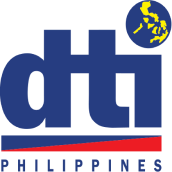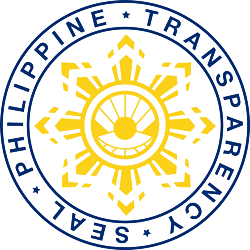Overview of AANZFTA Agenda
AANZFTA Partnership Levels
The AANZFTA, implemented in 2010, is a comprehensive trade agreement involving the 10 ASEAN member states, Australia, and New Zealand. It covers goods, services, investment, and economic cooperation, fostering stronger economic integration across the Asia-Pacific region. The recent modernization of AANZFTA addresses current global trade issues, including digital economy, e-commerce, sustainability, and inclusiveness.
-
Step 1
- Dialogue Partnership
- This foundational stage includes cooperation on trade, economic development, and sociology-cultural exchange. It was marked by the establishment of ASEAN-Australia and ASEAN-New Zealand Dialogue Partnerships, which formed the basis for deeper engagement.
-
Step 2
- Strategic Partnership
- This stage represents enhanced cooperation in key areas such as economic growth, security, education, and development. The partnership expands into mutual agreements on trade facilitation, regional security, and political collaboration.
-
Step 3
- Comprehensive Strategic Partnership
- This advanced stage focuses on deep, multi-dimensional cooperation across trade, economics, security, and broader global issues such as climate change, pandemic response, and digital transformation. The AANZFTA serves as a pillar of this comprehensive partnership, integrating the economies of Australia, New Zealand, and ASEAN member states.
Key Milestones of AANZFTA
Implementation of the original AANZFTA, reducing tariffs, improving services access, and promoting investment flows.
Upgrade negotiations to modernize the agreement, adapting to :
Digital Trade Supporting e-commerce and cross-border data flows.
Investment and Services Further liberalization of services and investment sectors.
Sustainability and Inclusiveness Incorporating green technology, environmental provisions, and programs for SMEs and women in trade.
Outcome of AANZFTA Upgrade
Overview of ASEAN Strategic Partnerships
Institutional Framework of AANZFTA
The Economic Cooperation Support Program (AECSP)
AECSP plays a key role in providing technical assistance, capacity building, and fostering cooperation across member economies.
Main Focus Areas
Encouraging member states to embrace digital tools and e-commerce for cross-border transactions.
Supporting environmental policies and projects, aligning trade with the global shift toward sustainability.
Strengthening the capacity of SMEs and women-owned businesses to participate in regional trade.
New Institutional Mechanisms
Establishment of working groups focusing on
Digital Trade Development
Environmental Sustainability and Climate Action
Inclusive Trade Growth
Strategic Objectives of AANZFTA
- Enhancing Regional Economic Integration
- Promoting the Digital Economy
- Fostering Sustainable Development
- Inclusion and Inclusivity
- Deepening trade relations between ASEAN, Australia, and New Zealand.
- Strengthening supply chain resilience through seamless logistics and efficient customs procedures.
- Complementing other regional agreements, such as the Regional Comprehensive Economic Partnership (RCEP).
- Removing barriers to e-commerce and digital transactions.
- Facilitating cross-border data flows and digital services.
- Encouraging innovation and fostering regulatory cooperation in emerging technologies.
- Emphasizing environmentally friendly trade practices.
- Promoting the adoption of low-carbon and circular economies.
- Enhancing cooperation on climate change initiatives and resource efficiency.
- Supporting the growth of SMEs by providing better access to regional markets and simplifying regulations.
- Promoting gender equality by integrating women-led businesses into the value chains of member economies.





